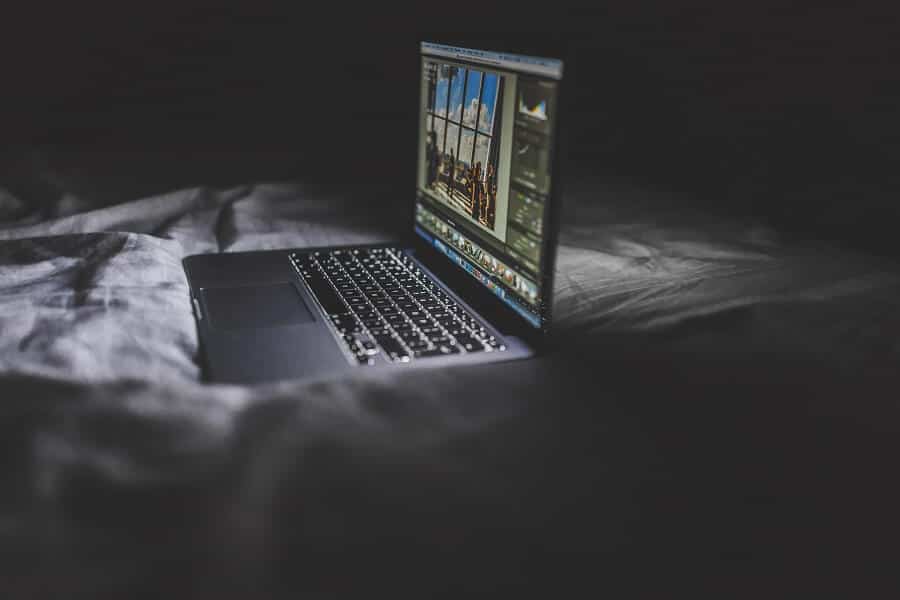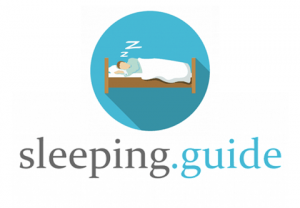There’s nothing worse than being unable to enjoy your holiday break or prepare for a meeting because you’re just not able to get some sleep! Tossing and turning a thousand miles from home is never ideal. Thankfully, there’s a lot of things you can do to help make the transition easier on you and your body.
The best way to sleep well in a different timezone is to prepare ahead of time. Starting to ‘live’ in that timezone in the days before you fly can make for a super easy transition to the new sleeping times. However, if it’s too late for that, make sure to use every trick you can (i.e. eyemasks/ear plugs, relaxing tea, and more listed below) to help you. Whatever the case, just don’t toss and turn all night (get up instead) and don’t be too hard on yourself if you’re going to spend tomorrow a little extra tired.
What effect does a timezone change really have on our system?
Everyone knows the typical symptoms of jet-lag. Thanks to the invention of airplanes, we travel faster than our body clocks can keep up with. Our days become nights and our nights become days, leaving us trapped in an upside-down, sleepless world until our internal clocks catch up. You spend the day tired as hell, only to finally lay in bed at night and suddenly find yourself awake!
Writing in his book ‘Why We Sleep’ – the renowned sleep scientist Matthew Walker found that we can only adjust for around 1 hour a day in a new timezone! That’s not too bad if you’re flying from coast to coast, but a huge difference when traveling around the globe. If you’re on a holiday somewhere exotic for a week, it can take a whole week to get fully adjusted, only for your body to then be thrown all the way back and start the whole process again!
Convincing your body to sleep – the scientific way
In short, what makes us feel sleepy in the evenings is a release of ‘melatonin’ in the brain. The tricky part is, the timing of this hormonal release is what needs to catch up when we change timezones. The good news? You can supplement melatonin – releasing the same hormone to ‘trick’ your brain into thinking it’s nighttime. Note that this isn’t a magic fix – it will only help you get sleepy, it won’t be guaranteed lights out if you’ve only been awake for 10 hours and your body feels like it’s lunchtime. However, it can really help. I recommend picking some up before you travel, or ask around for a trusted local pharmacy (it’s a fairly commonplace over-the-counter supplement).
Give your body clock a headstart
The absolute best thing you can do to prepare to sleep in a different time zone is to give your body clock advance notice of the change. It’s pretty simple, really. In the days leading up to travel, just start to ‘jump’ through timezones. And by jump, I mean start setting your watch closer and closer to that time. Every time you check the time, confirm with yourself what the ‘real’ time is (as in the time in the new zone). Acknowledge that while it’s ‘2pm’ now, it’s really going to be ‘4pm’ there.
This works incredibly well. I remember a family trip with around a 6 hour time difference: I spent two days constantly telling myself the new time (“it’s actually 10am” at 4pm) – especially in the 12 hours before we even left for the airport. It worked like a charm.. While the family were completely out of it by the time we arrived, I was honestly fine. It wasn’t perfect, but it was also a much less noticeable change. Your brain is an incredibly powerful and adaptable tool if you use it right.
This works especially well if you’ve got a watch which is easy to change. While I like to just dive in and jump straight to the new time, changing it gradually (i.e. an hour a day) could work even better. If you’re a heavy tech user and unable to change from automatic time settings, a bit of mental maths works just as well. Get used to working out what time it “actually” is going to be, and say it out loud to yourself. Keep doing this over and over, and it’ll sink in sooner than you think!
Prioritize staying up over getting to bed early

Even though it requires more willpower, staying up for a long amount of time is a much, much more effective solution than forcing yourself to go to bed early. We both know how hard it is to ‘force’ yourself to sleep. Instead, try to tactically stay up for an extra long amount of time, so that it wouldn’t matter what time zone you were in by the time you were going to bed.
With that in mind, the direction you’re traveling in matters a lot. If you’re flying East (say, USA to Europe), it is trickier because the time is going forward by around 4-6 hours. If you wake up at 7am in New York and try to go to bed at 11pm in London, you’ve only been awake for 11 hours! To your body, that’s the same as randomly trying to get to sleep at 6pm!
The best way to get around this is to stay up super late the night before, or even better, travel throughout the night. You will get a fairly sleepless night on the plane, but the first day on holiday is always super exciting. Then it will be easy to collapse in your hotel/AirBnB bed early on the first night, and get a head start on adjusting your pattern.
If you’re lucky enough to be flying west, it really just means you’ll be experiencing an extra long day. Making it super easy to just stay awake and fall asleep at an appropriate time. In actual fact, our body’s circadian rhythm lastly slightly longer than 24 hours, which helps to make this adjustment even easier (and make going East even harder!).
Make sure you’re prepared for sleeping abroad
It goes without saying, but make sure you’re well equipped for sleeping abroad. Since you don’t exactly know what your accommodation will be like, a good set of ear plugs and an eye mask is an absolute must. Check out our recommends page for my top tips on getting the best sleeping aids. An eye mask is especially important in-case of a particularly bright room, and because the sunrise and sunset times will be different – you may not want to be completely in sync with them yet. Especially on the last day where you might be trying to adjust back to your normal timezone before you fly home.
Let your body feel the sun
One of the best ways to help yourself adjust to a new timezone is through using the sun. Sunrise is the biggest signal to our bodies that now is ‘morning’, and vice versa for sunset and the onset of darkness. If you really want to get a head start, get yourself up and outdoors just after the sun has risen. This will help communicate to your body that it’s now experiencing morning.
Likewise, after sunset, go for a night-time walk or just keep the lights around you quite dim. By doing this right after sunset, it gives your body a few hours to start recognizing that it’s night time. By that point, it should feel much more normal when you’re heading to bed a few hours later.
Don’t stress if you’re traveling for important meetings
If you’re traveling for something important like a meeting, giving a presentation, or even an interview – don’t worry about not getting the best sleep. It’s totally understandable to turn up a little tired, provided you poke a bit of fun at your own jet-lag. Everyone has been in this situation, and no-one will expect you to be perfectly attuned to the time difference.
With that in mind, don’t be afraid to delay any key decisions or actions until you’ve had a proper rest. If you’ve been asked to make business decisions, or need to field a particularly detailed question from a presentation audience member, asking for a night to lull it over and recover from the jet-lag is completely fine. These kinds of things deserve a bit of patience in order to get your full attention. The bottom line is don’t feel bad if you can’t get sleep before an important event! At the end of the day, we’re all human.
Chances are if you turn up fresh-faced and totally ready for an interview/meeting – people won’t be paying attention to what you have to say. Instead they’ll be trying to figure out how the hell you look so fresh! So don’t worry. If you’re a bit extra tired, so be it. Just try to enjoy the trip!
